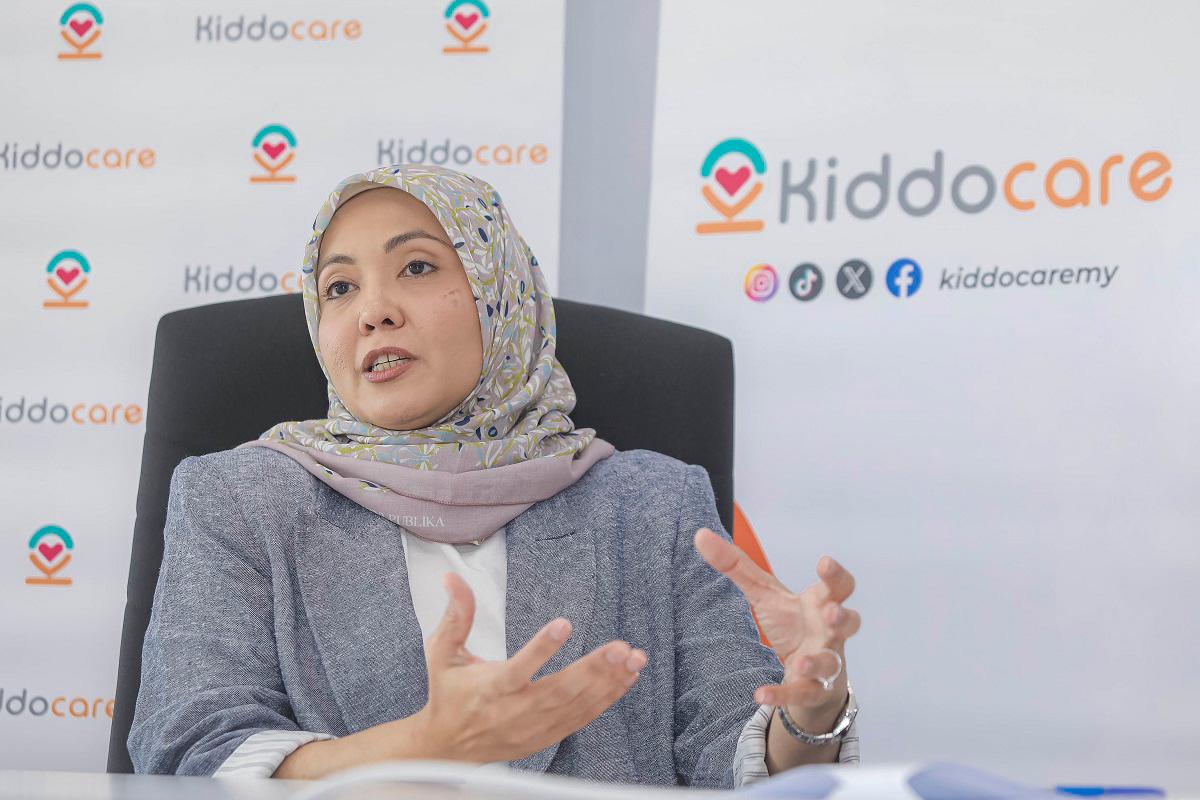PETALING JAYA: The shortage of accessible childcare in Malaysia and the untapped potential of women seeking flexible work are what drove Nadira Yusoff to use her tech expertise to address both issues.
In 2019, she founded Kiddocare, a platform that connects parents with trained babysitters and caregivers.
The goal is to help young mothers re-enter the workforce while creating job opportunities for local women.
“At the time, I was involved in several women’s organisations and kept encountering the same barrier. The lack of childcare options was holding many women, especially young mothers, back from working.”
Nadira, who is the CEO of Kiddocare, pointed out that Malaysia was already facing a childcare centre shortage before the pandemic.
“In 2018 and 2019, we needed over 40,000 registered centres but there were only about 3,900. The situation has not improved significantly since then,” she said.
Rather than wait for public infrastructure to catch up, a process that typically requires major funding and time, Kiddocare sought to meet the immediate demand through an app-based system that leverages existing community resources.
“There was clear demand for childcare and at the same time, many women were looking for flexible work. It made sense to train and equip them for caregiving roles,” she explained.
While it initially catered to short-term and part-time needs, the platform gradually expanded into what Nadira described as a “family care ecosystem”, offering services for parents and career development options for women.
Nadira acknowledged the concerns that parents often have about leaving children with unfamiliar caregivers.
“Although we are a tech platform, trust is central. You are dealing with people’s children, so safety is non-negotiable,” she said.
To address this, all carers undergo background checks, psychometric assessments and certified training in collaboration with relevant authorities.
She said between 10% and 15% of applicants are screened out during the vetting process, and those accepted are required to undergo regular reassessments to ensure continued suitability.
Initially operating on a gig model, offering part-time roles to stay-at-home mothers or women in transition, the company soon recognised a need to provide longer-term pathways within the care sector.
“Gig work offers flexibility but it is not always sustainable. We started thinking about how to help caregivers move beyond short-term jobs,” she said.
This led to the establishment of Kiddocare Academy, which provides structured training and skill development. Some participants have advanced to roles in early childhood education and other specialised care sectors.
The company also recently opened its first early childhood centre KleverCape, located alongside the academy.
The facility serves as a childcare centre and training site, preparing experienced caregivers for leadership or centre management roles.
“We would like to see those who have built strong reputations go on to manage or even own their own centres in the future.”
She said the platform would continue to focus on safety, workforce development and sustainable care services, with the broader goal of supporting families and expanding job opportunities for women.









